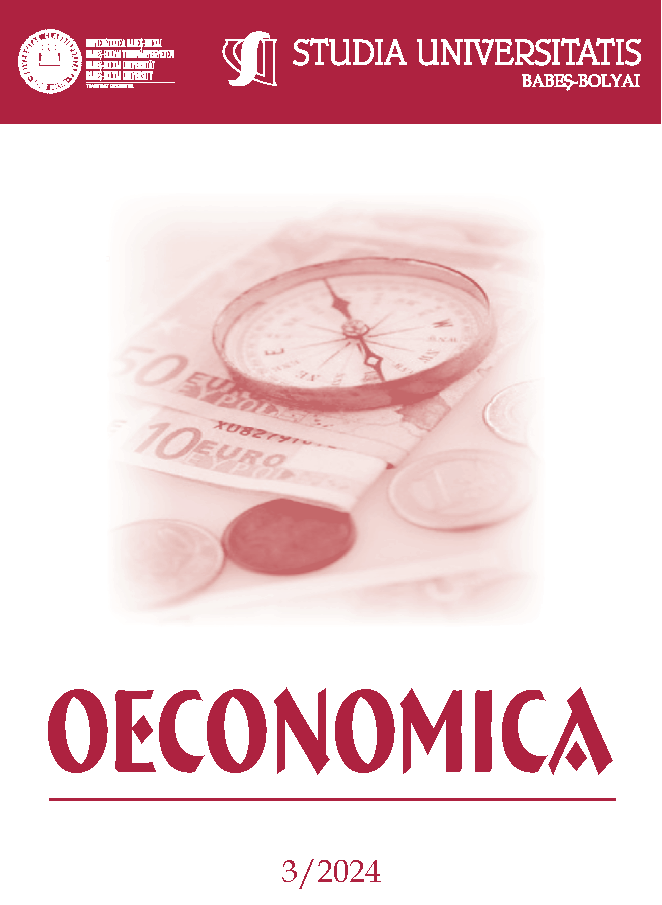EXPLORING THE LINK BETWEEN ROMANIAN ACCOUNTING STUDENTS’ GOAL ORIENTATIONS, SELF-EFFICACY, TEST ANXIETY AND PERFORMANCE: A CLUSTER ANALYSIS APPROACH
EXPLORING THE LINK BETWEEN ROMANIAN ACCOUNTING STUDENTS’ GOAL ORIENTATIONS, SELF-EFFICACY, TEST ANXIETY AND PERFORMANCE: A CLUSTER ANALYSIS APPROACH
Author(s): Camelia-Ancuța MüllerSubject(s): Adult Education, Higher Education , Economic development, Accounting - Business Administration, Human Resources in Economy
Published by: Studia Universitatis Babes-Bolyai
Keywords: financial accounting education; learning motivation; self-efficacy; test anxiety; academic performance; Achievement Goal Theory.
Summary/Abstract: This empirical study examines the relationship between learning motivation, self-efficacy, test anxiety, and academic performance in the context of a Financial Accounting course, using Achievement Goal Theory (AGT) as a framework. A sample of 149 second-year students enrolled in the Accounting and Management Information Systems program completed a questionnaire based on the Motivated Strategies for Learning Questionnaire (MSLQ). The data were analyzed using correlation, cluster analysis, and ANCOVA. The results confirmed significant differences between four motivational profiles: mastery, performance, multiple goals, and low motivation, regarding their impact on self-efficacy, test anxiety, and performance. The findings suggest that students with multiple goals achieve better academic outcomes, emphasizing the importance of a multidimensional approach to learning motivation.
Journal: Studia Universitatis Babes Bolyai - Oeconomica
- Issue Year: 69/2024
- Issue No: 3
- Page Range: 56-72
- Page Count: 17
- Language: English

